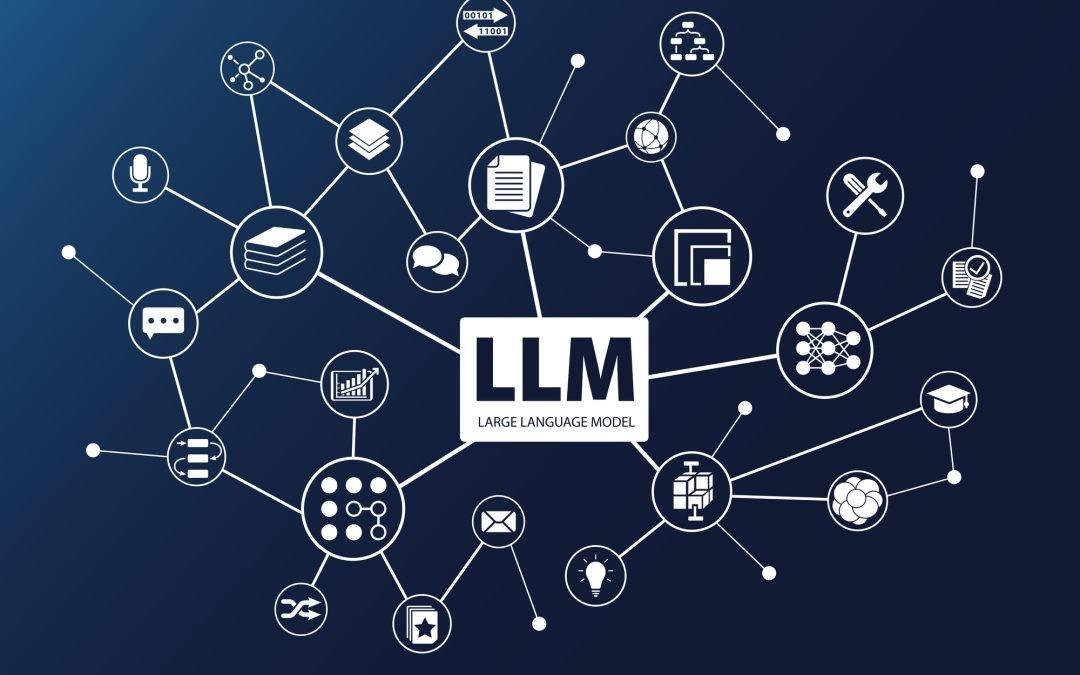How is a Docker client different from a Docker daemon?
Okay, let’s break down the difference between a Docker client and a Docker daemon, and provide a clear example.
Docker Client:
- What it is: The Docker client is the software you use to interact with the Docker daemon. It’s the application that communicates with the daemon to manage containers, images, and registries.
- Role: It’s responsible for making requests to the daemon – for example, starting a container, pulling an image, or pushing changes.
- Analogy: Think of the Docker client as a web browser or a command-line interface (CLI) to a database. You use it to interact with the database, but you don’t directly manage the database itself.
- Examples:
dockercommand-line tool: This is the most common client. You type commands likedocker run,docker build,docker ps, etc.- Docker Desktop: A graphical client for macOS and Windows, providing a user-friendly way to interact with Docker.
Docker Daemon:
- What it is: The Docker daemon is the core component that runs on the host machine and manages all Docker operations. It’s a background service that listens for requests from clients.
- Role: It’s the central point for container management, handling resource allocation, scheduling, and health checks.
- Analogy: Think of the Docker daemon as the server that manages all the servers and resources within a data center.
- Examples:
- Docker Engine: The actual software that runs the daemon.
Example:
- You (the Docker client): You run
docker run my-app. - The Docker client sends a request: Your Docker client sends a request to the Docker daemon to start a container named “my-app” based on the image
my-image:latest. - The Docker daemon receives the request: The Docker daemon receives the request and begins the process of creating and starting the container.
- The daemon manages the container: The Docker daemon allocates resources (CPU, memory), sets up the container environment, and starts the application.
In essence: The client requests something, and the daemon provides the service. They work together to manage the containerized environment.
AI Model: Gemma3
Embedding Model: sentence-transformers/all-MiniLM-L12-v2
RAG Citation (Knowledge Base):
- Orchestrating Docker.md
- The Docker Book – James Turnbull – v17.03.0.md
- Docker – Up & Running.md


